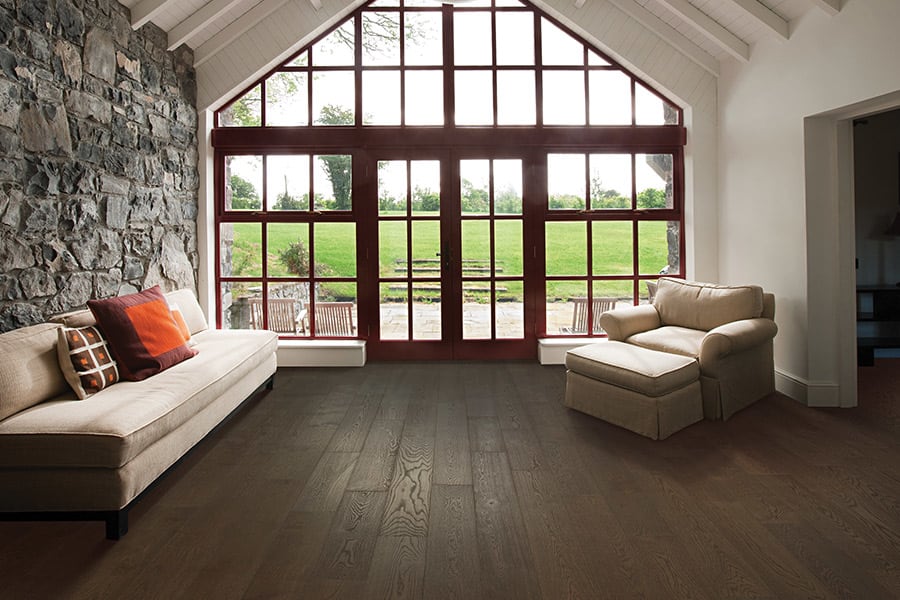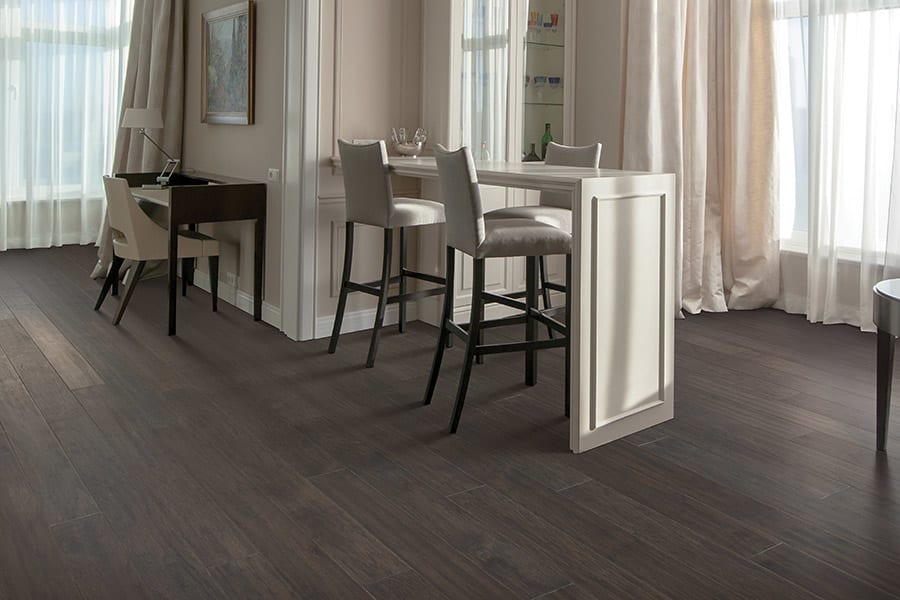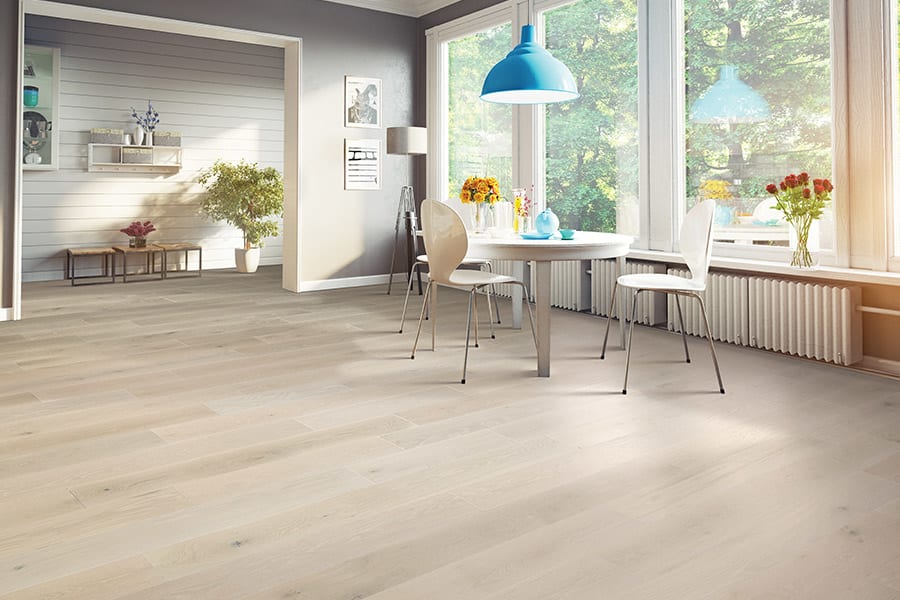Request an estimate
What should you know about hardwood flooring?
As popular a floor covering as solid and engineered hardwood floorings are, you might wonder what information is the most necessary. The truth is, there is tons of information available and your own necessities for flooring will dictate which are important to you specifically. However, there are some core basics that everyone should know about hardwood flooring, and that’s what we’re here to tell you about today.
The Floor Source offers an excellent selection of floor coverings and services, and we’re always standing by with answers to your most pressing questions. In fact, if you visit our Moneta, VA showroom, we’ll gladly provide that information in person. We have done so already for the areas of Roanoke, Lynchburg, New River Valley, Franklin County, and Bedford County. Now, we invite you to visit us as well, for all the information you need for your new floors.
The Floor Source offers an excellent selection of floor coverings and services, and we’re always standing by with answers to your most pressing questions. In fact, if you visit our Moneta, VA showroom, we’ll gladly provide that information in person. We have done so already for the areas of Roanoke, Lynchburg, New River Valley, Franklin County, and Bedford County. Now, we invite you to visit us as well, for all the information you need for your new floors.
Hardwood facts for those considering the material
The term “hardwood” can actually cover a few different products. There is the solid variety, which is solid wood through and through. Engineered flooring features a few more benefits, with a veneer of real wood between the backing and core layers and the protective top wear layer. Some homeowners even mix the two in the same home for continuity purposes.
With regard to solid hardwood flooring, there are some very important pieces of information that should be common knowledge for all those considering it. One is that it must be acclimated before attempting to install it. This brings the flooring to the same internal humidity level as the home’s surroundings and assures that it will not warp, crack, or buckle once in place. The other is that the material can never be installed in below grade, or below ground, spaces.
For consideration of engineered hardwood flooring, you should know that it can be used below grade and is a great alternative to the solid variety if you have rooms like this that need flooring. It’s also a bit more durable, though not nearly as long lasting. The solid option provides you with a lifespan of roughly 100 years, with proper maintenance, while engineered lasts about 25 to 30 years with the same care.
Solid hardwood flooring can be refinished several times over its lifespan, depending on the original thickness. Engineered floors can also be refinished, but not nearly as many times as the solid variety. During the refinishing process, both can be restained and refinished to include finishes that resist signs of wear, such as scuffing and scratches.
With regard to solid hardwood flooring, there are some very important pieces of information that should be common knowledge for all those considering it. One is that it must be acclimated before attempting to install it. This brings the flooring to the same internal humidity level as the home’s surroundings and assures that it will not warp, crack, or buckle once in place. The other is that the material can never be installed in below grade, or below ground, spaces.
For consideration of engineered hardwood flooring, you should know that it can be used below grade and is a great alternative to the solid variety if you have rooms like this that need flooring. It’s also a bit more durable, though not nearly as long lasting. The solid option provides you with a lifespan of roughly 100 years, with proper maintenance, while engineered lasts about 25 to 30 years with the same care.
Solid hardwood flooring can be refinished several times over its lifespan, depending on the original thickness. Engineered floors can also be refinished, but not nearly as many times as the solid variety. During the refinishing process, both can be restained and refinished to include finishes that resist signs of wear, such as scuffing and scratches.













